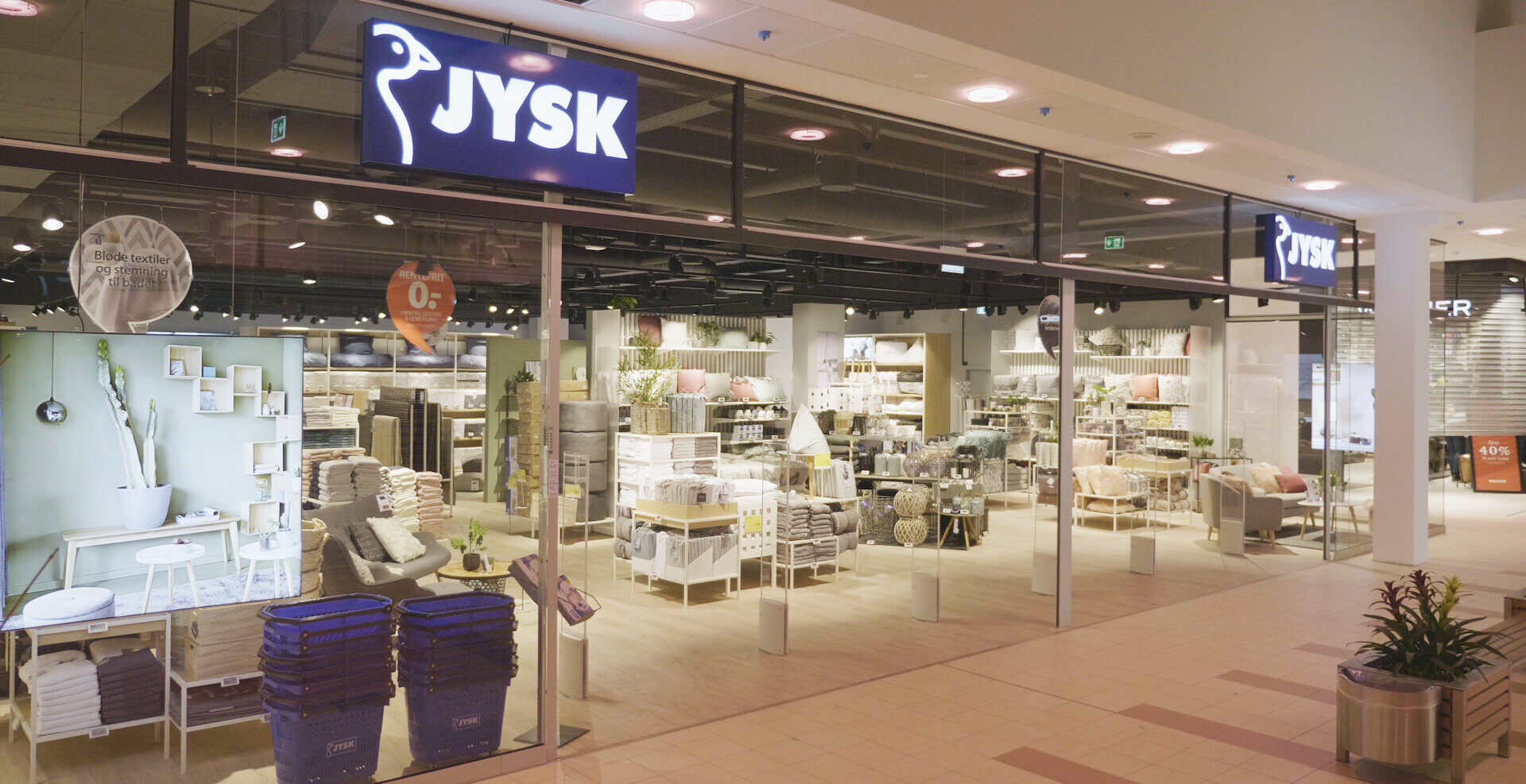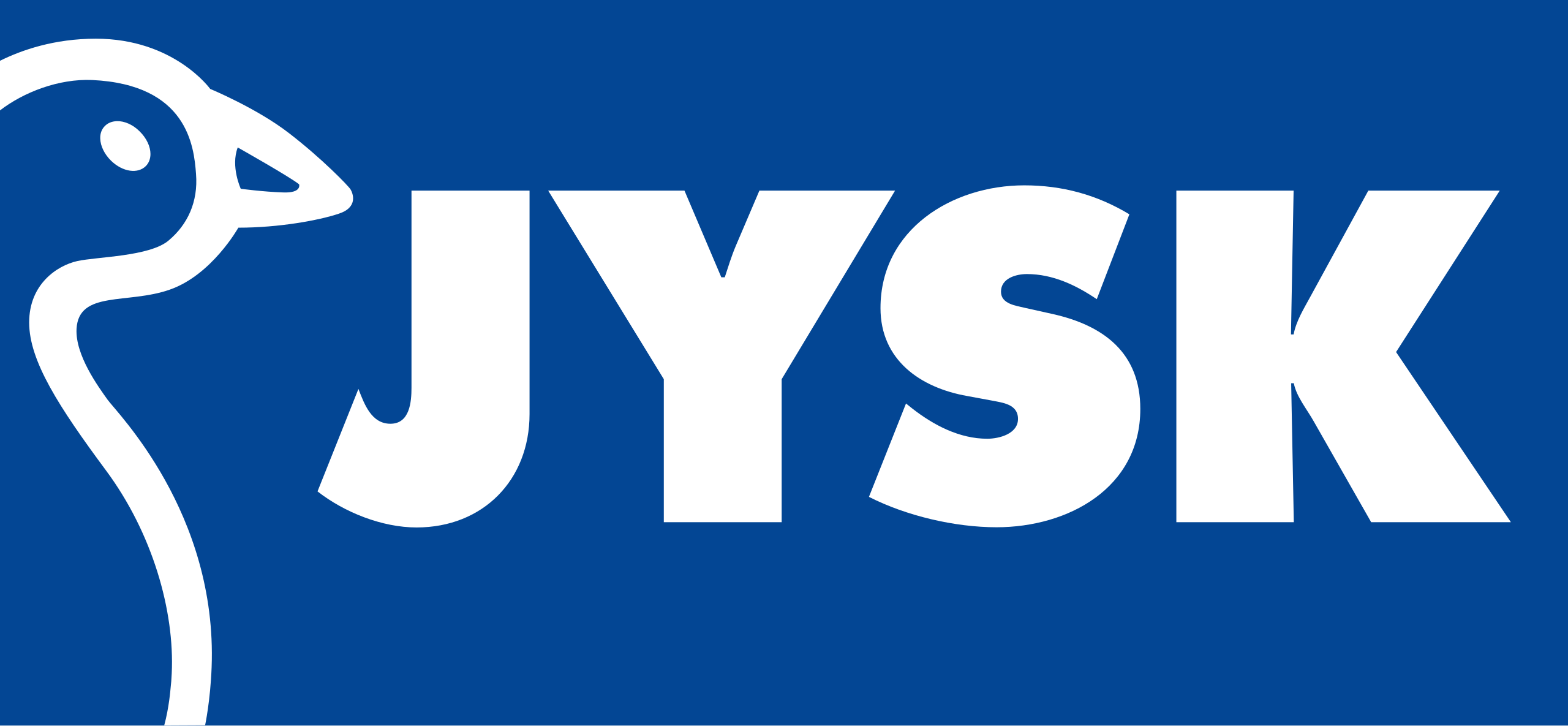Case JYSK: How a Small IT Team Enhances Employee Experience with Applixure

10 000 PCs in 1500 stores in 21 countries and counting: How the JYSK IT team manages to stay small yet improve the employee experience with Applixure
Introduction
Since Lars Larsen founded JYSK in 1979, the Danish home retailer has grown and has taken “Scandinavian sleeping and living” everywhere, in accordance with its mission: First across Denmark, then the rest of Scandinavia, most of Europe, and finally all over the world. You will find their stores in countries such as Canada, Kazakhstan, or Dubai.
For the JYSK Client IT Team, it means keeping 10,000 PCs in 1500 stores and 21 countries running smoothly, while the rest are either still managed by their sister company, Dänisches Bettenlager, which is already being merged into JYSK, or by franchisees.
If you live in Europe and haven’t yet seen JYSK logos in your country, maybe yours has been served by Dänisches Bettenlager. With the merger, these stores are now being rebranded to JYSK. At the time of writing, the stores in Germany were still operating under the Dänisches Bettenlager brand.
Adding 150 stores in a year and expanding to a new country every year or two is not a simple feat for IT, which needs to equip every store and employee with PCs and applications. Everyone, including customers, must be kept happy with smoothly working technology at the cash register, in the store’s back office, at local HQ, and not forgetting those working from home. The upcoming merger will raise the game even further.
How does JYSK’s IT department keep up with the growth rate and even improve quality with such a small team? What are their secrets to high efficiency and satisfaction?
Who would be better to reveal this than key persons of the Client IT Infrastructure, IT Team Manager Flemming Thøgersen and Senior IT Operations Consultant Stinus Stoumann Hoeks. They have worked together and with Client IT for quite some time already. Thøgersen joined JYSK in 2007, and Stoumann Hoeks has been with the team for 12 years in two separate stints, so they certainly have perspectives and insights to share with us.
When Thøgersen joined the company, it had just 120 people at its headquarters and 600 stores to manage. Today, there are approximately 410 employees in headquarters, and the team manages 1500 stores in 21 countries directly. In addition, the merger with Dänisches Bettenlager will bring the number to 28 countries and 2,800 stores.

Behind the storefronts is a large enterprise with many offices
Although JYSK, like any retailer, is experienced by customers at the storefront, either physical or online, the size and complexity of what happens behind the store and beyond is not often apparent. When you visit a store, you may not see many PCs or staff members. Maybe you’ll see a point-of-sale (POS) machine operated by the cashier when paying for your purchase. A modern retailer is quite a lightweight operation.
But if you take a closer look, there is often another POS for redundancy and rush hours, and a couple of PCs elsewhere for the staff to order products for clients and fill up stock.
And although you may see only one or two staff members on your visit, there are many more working in shifts to keep the store open from morning till evening and on weekends and holidays. Typically, a JYSK store has 4 PCs and 6 to 10 people working in shifts. Multiply that by 1,500.
Stores cannot operate alone, however. Each country has a local headquarters to keep JYSK’s stores in that country running, and the chain growing. There are marketing campaigns to implement, new people to hire, store locations to find, build, and open, and the whole local operation to manage and report back to Denmark.
There are people for marketing, management, expansion, HR, and much more, requiring modern devices in order to succeed in their jobs.
Finally, the HQ in Aarhus, Denmark, and support functions in Poland and other countries, keep the whole multinational retailer running: leaders, designers, purchasing managers, marketing people, IT, accounting, and many more.
Why JYSK wanted IT to focus on the digital employee experience
As JYSK was growing fast, it became apparent that IT needs to be part of the core, not just a support function. “In this new growth plan, critical success factors were described, and the maximum uptime was stated for end-point devices hoping to give stores and office workers a better experience”, says Thøgersen.
At that time, JYSK did not have any idea of how well the PCs were performing. Support tickets were the only data available. The team would get a ticket and go and fix the problem, but other than that they didn’t have an overall understanding of how the PCs were working.

Working half-blind
The reality with tickets is that they are seldom properly tagged or classified. It is not possible to know any contingency issues without an excellent memory. For example, if a guy at the head office goes to the office in the morning, turns on his laptop, and it takes 7 minutes before he can work. Long logon times were one such thing that the Client IT team was not aware of before.
About Business Finland's Jarmo
Jarmo Jonninen is responsible for Business Finland's system development, end-user services and devices as well as information security.

Jarmo Jonninen
IT Manager
Business Finland

JYSK (pronounced "Yisk") is a Danish retail chain specializing in household goods, primarily furniture, home decor, and bedding. The company was founded in 1979 by Lars Larsen and has since expanded globally, operating in over 50 countries.
Related Case Studies
How The Small JYSK IT Team Improves The Digital Employee Experience
How Salvation Army Trading Company Transformed IT Efficiency
How Global VoiceLink Transitioned to a Data-Driven MSP Sales Approach
How Pihla Regained Data Ownership from MSP
Get Started with Applixure in 15 Minutes
Easily gain visibility into your employees' computers and software with Applixure Analytics.
Start Your Free 30-Day Trial or Schedule a Demo Today